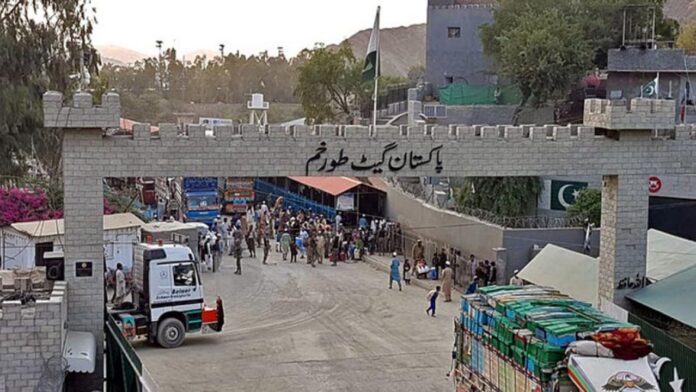PESHAWAR: Traders have complained that the scanners installed at Torkham border are causing more harm than good to the national exchequer and demanded that the government replace them with functional and better facilities for exporters.
Frontier Customs Agents Association (FCAA) Provincial President Zia-ul-Haq Sarhadi told Profit that trade at Torkham border is facing difficulties not only due to non-functioning machinery but also because of the poor performance of border management and other agencies.
He said that the federal government has repeatedly promised one-window operation but so far no such operation has been started on Torkham border. “Before the merger of tribal districts, a permit was issued by a political agent, however, all the responsibilities of Torkham border vehicles are now on the administration and the vehicles were cleared at the border only after the clearance of the customs officials.”
Sarhadi said that after the merger, work on Torkham border slowed down and difficulties arose after various agencies were given powers. “Instead of handing over the power of a political agent to the deputy commissioner, it was handed over to the police due to which transporters are facing a lot of difficulties,” he added.
Some clearing agents working in Torkham said that there is no mention of a scanner at zero points in the customs export policy but a scanner has been installed which is wasting traders time.
He said that earlier the number of vehicles carrying retail goods used to be over 60 per day but has now come down to four to five which is hurting the national exchequer and exporters.
“Our products have disappeared from markets in Afghanistan and have been replaced by-products from other countries, which is having a negative impact country’s economy,” he said.
According to the customs clearing agents, numerous scanner installed on crossing points is our hurting trade with Afghanistan and it is also against the law of the country as there is no scope for scanners in the export policy.
There has been a huge decline in bilateral trade due to such issues.




